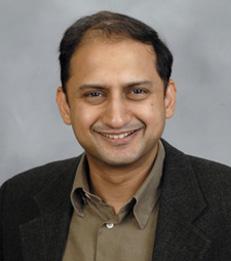Nationwide Summer Campaigns Can Plug School Education Gaps.

By Viral Acharya and Rukmini Banerji
While India has a very high school-enrolment rate—more than 98% in 2022, according to the Annual Status of Education Report (ASER, bit.ly/449oDii)—the basic learning levels of children have remained worryingly low for over a decade. These levels have slipped further due to pandemic school closures.
The year 2022-23 has been the first after the pandemic when schools in India were able to stay open continuously. No doubt, some learning recovery has taken place in this period. In addition, during the last school year, in state after state, governmental efforts to translate the New Education Policy 2020 into practice have been visible, particularly for children in Grades 1, 2 and 3. But as Viral Acharya, one of the two authors of this piece, suggested while writing (bit.ly/44ddWMd) in this newspaper two months ago: “[T]he large primary education gaps created in children’s learning during the pandemic need to be decisively addressed. One option is to deliver a grade-by-grade national curriculum for a 30-day remedial summer programme and another enriched 30-day start-of-the-year boot camp for reinforcement. ASER-style surveys could be conducted at pre-summer, end-of-summer and exit-of-boot-camp stages to assess success and identify remaining gaps to help plan further remedial action."
Can such suggestions be actually implemented? And if so, what can be learnt from that experience? A recent endeavour of Pratham Education Foundation provides some important insights and signs of significant promise.
Read the full Live Mint article.
___
Viral Acharya is the C.V. Starr Professor of Economics
